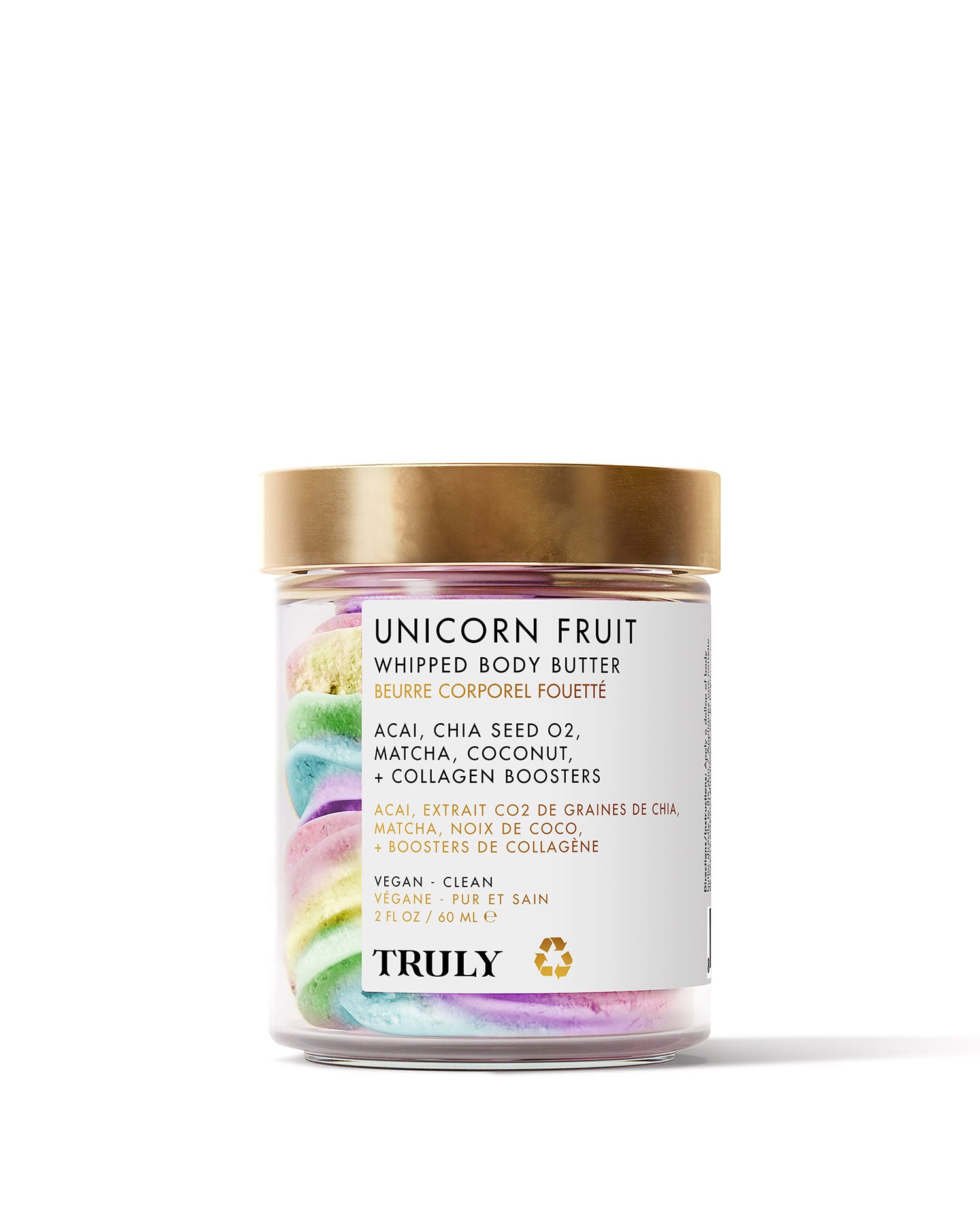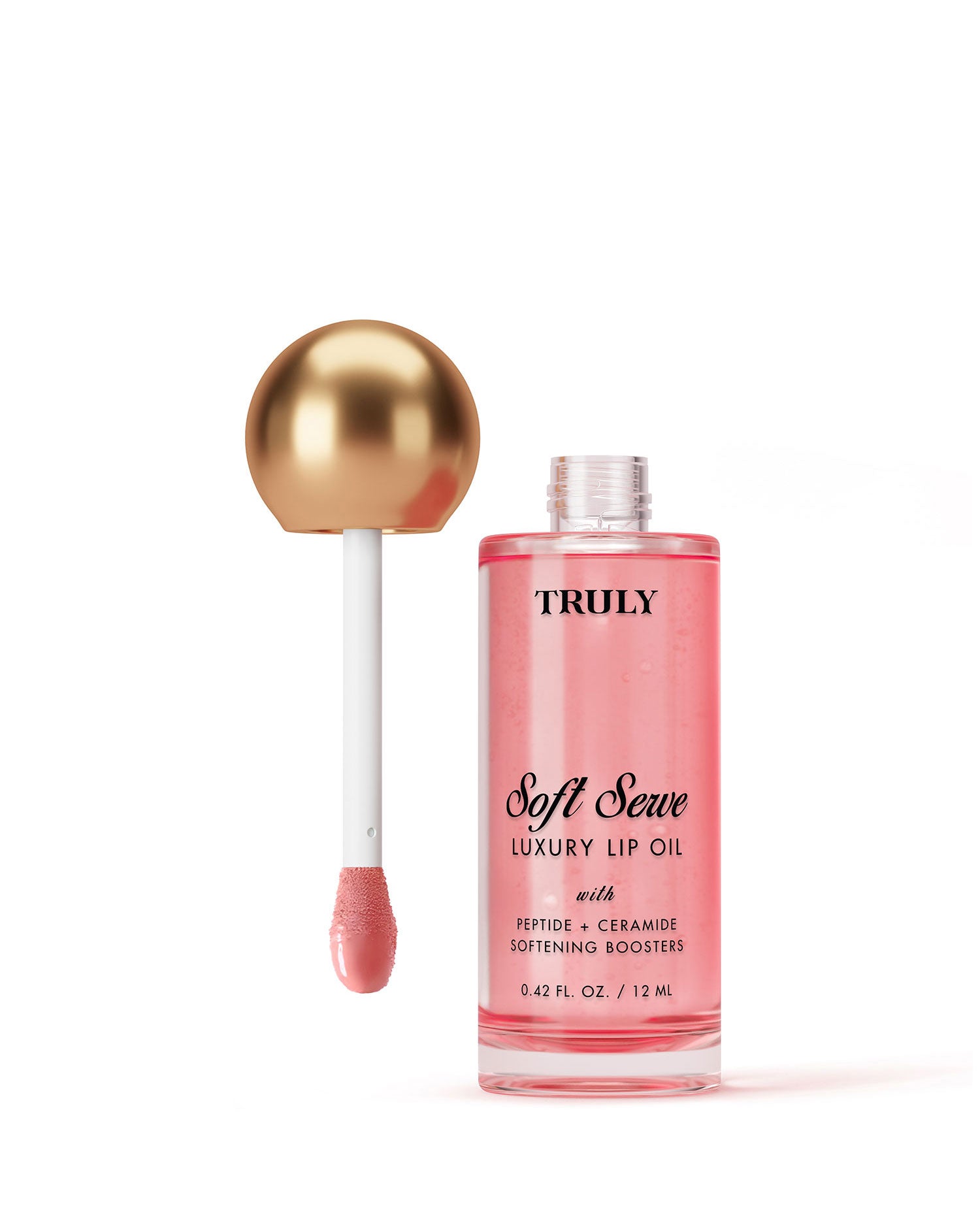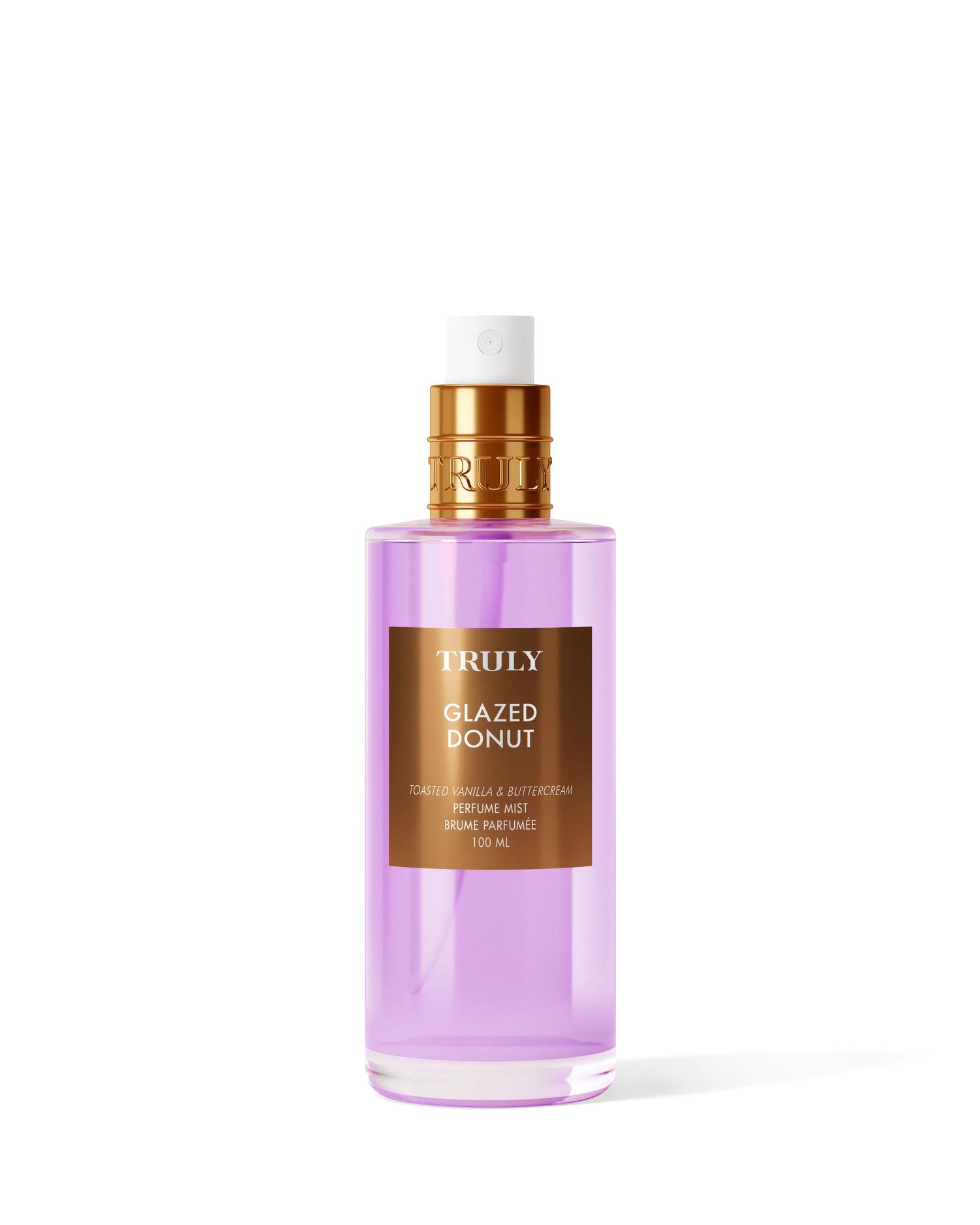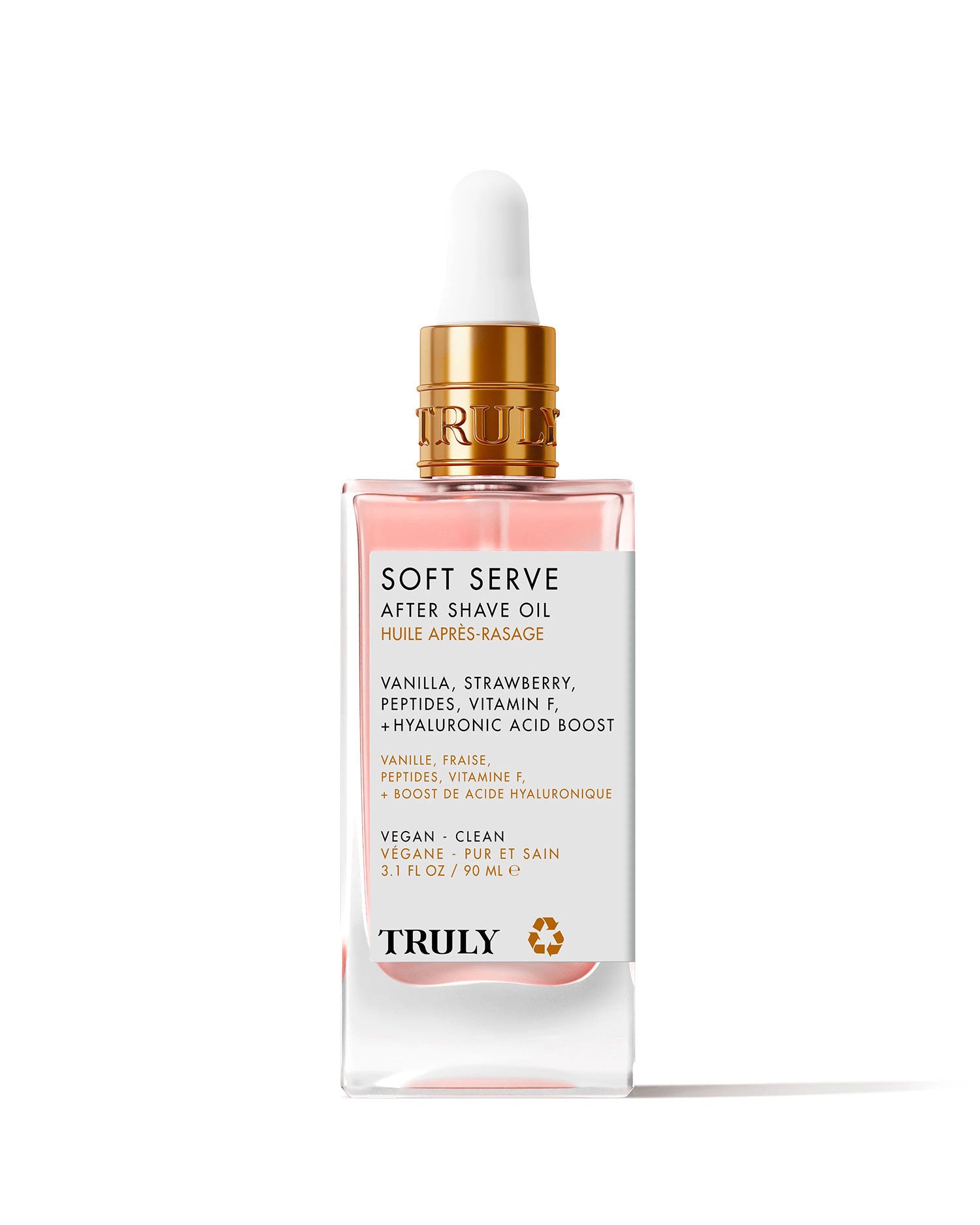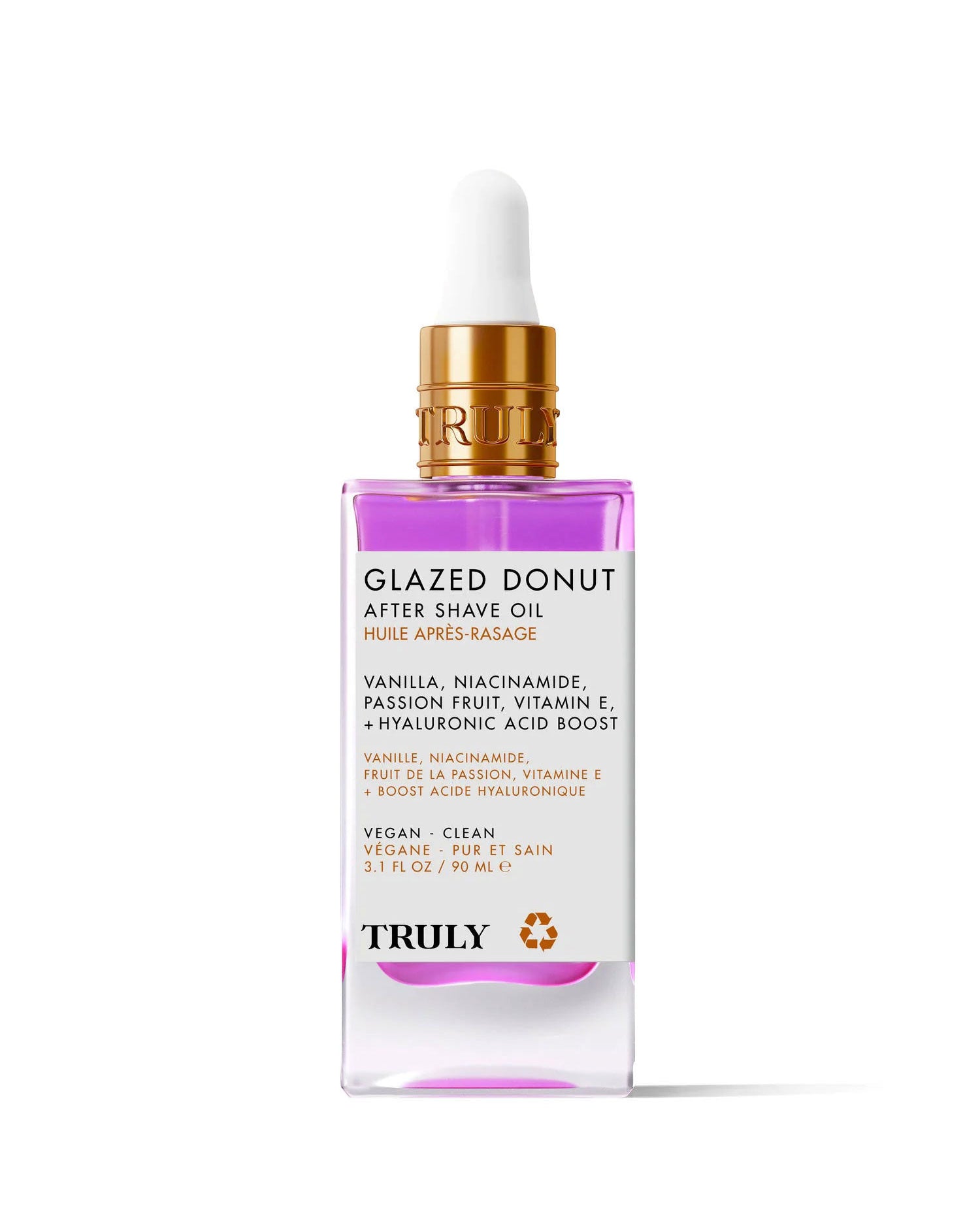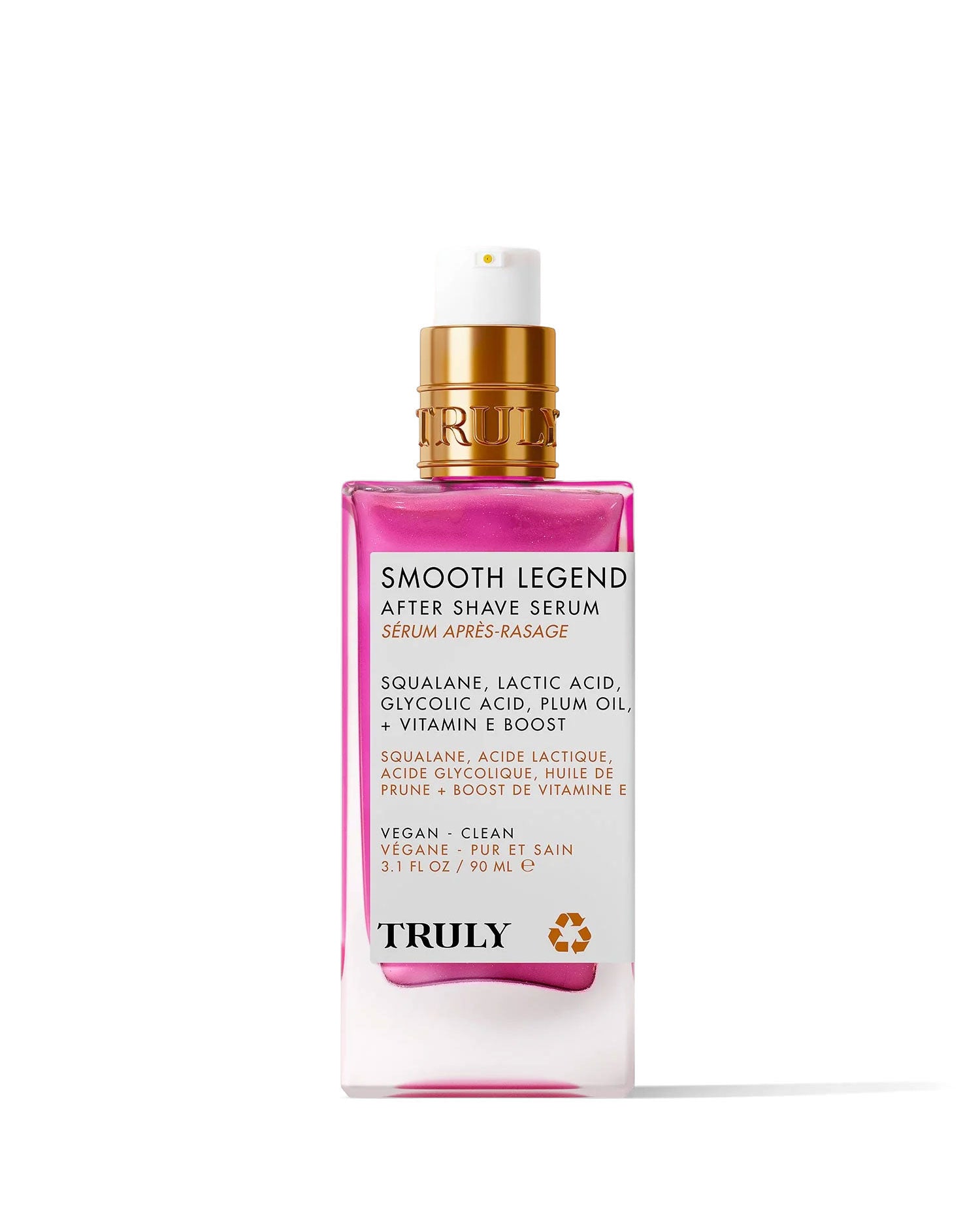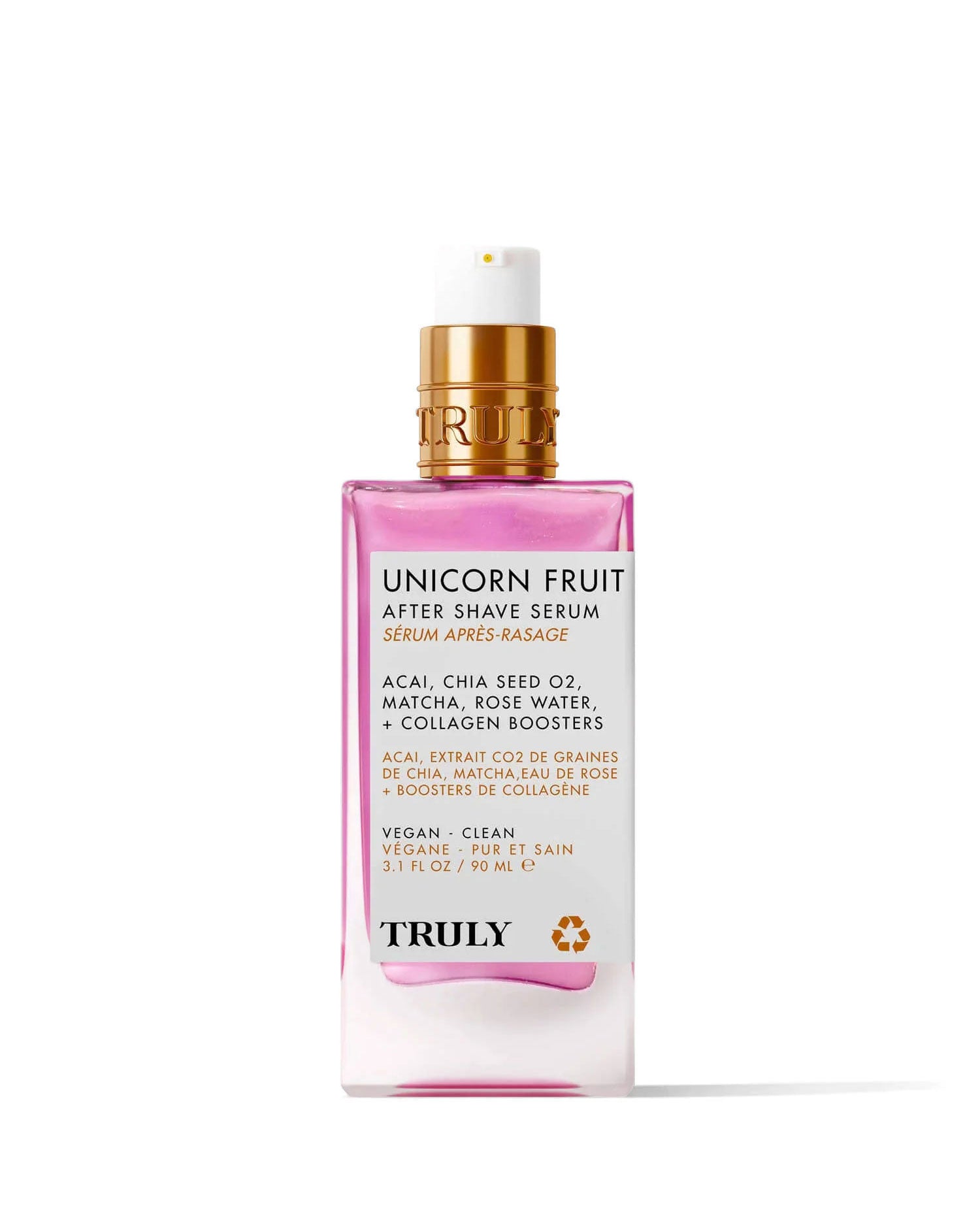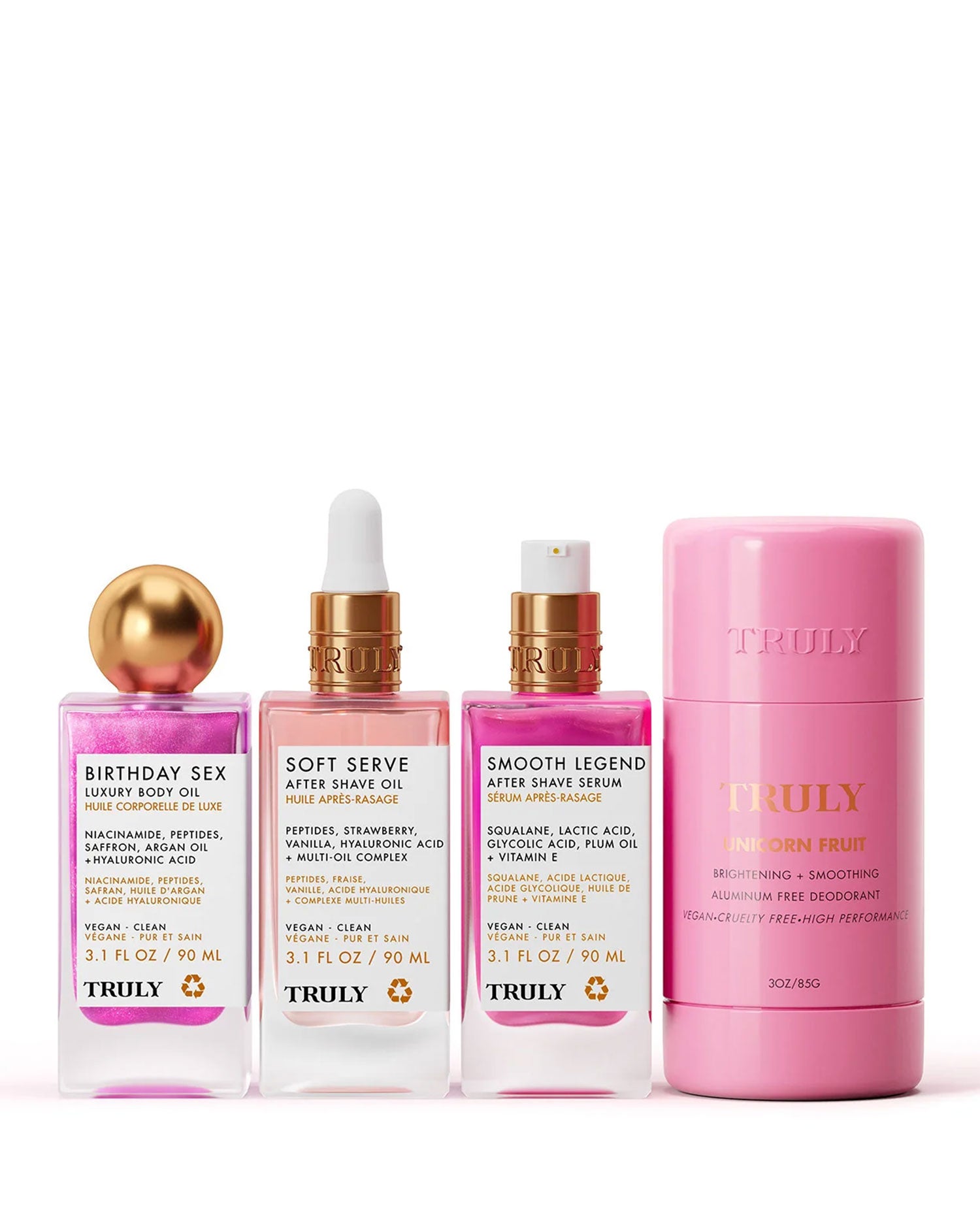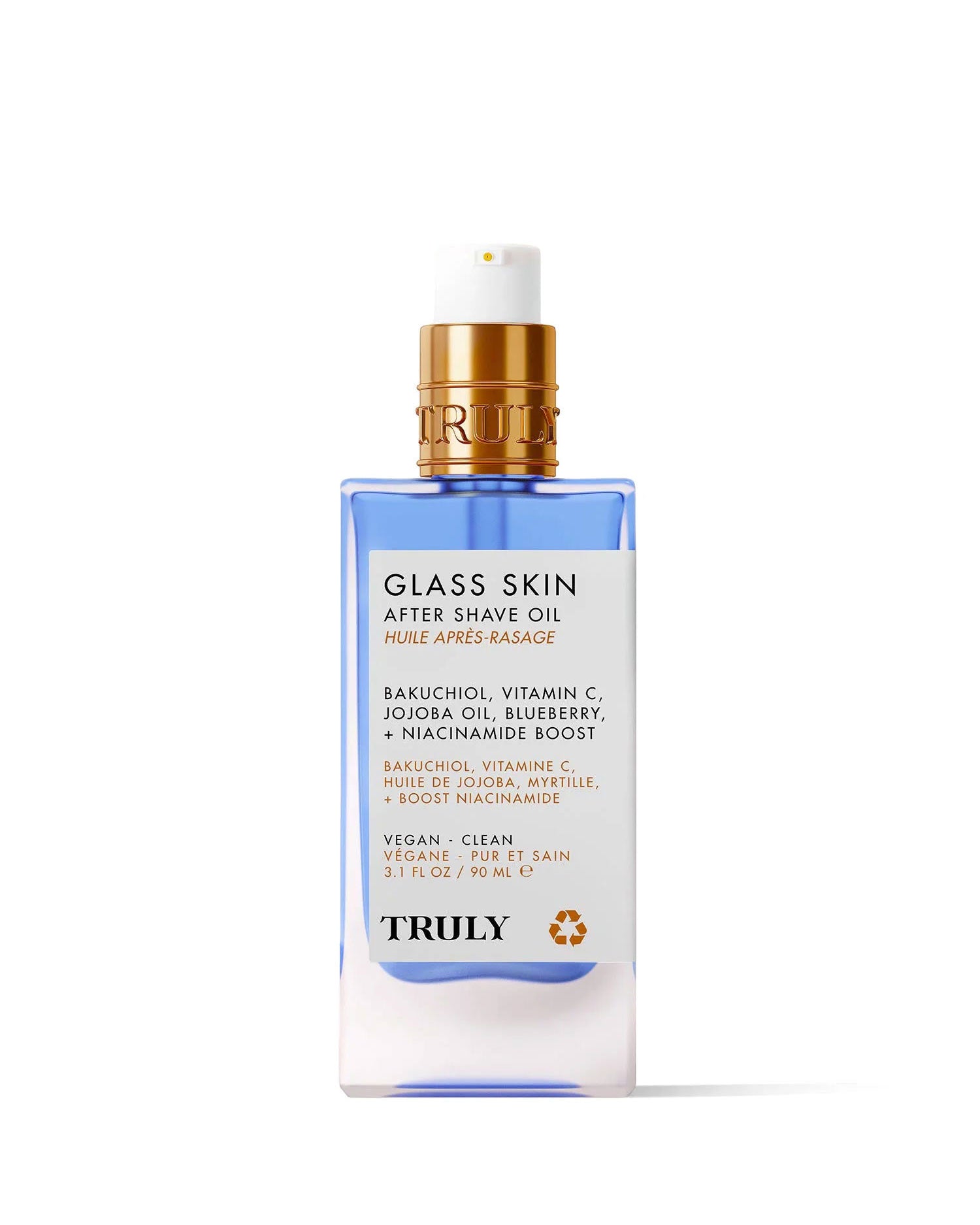“Resetting” My Hair By Not Washing it
November 22, 2022
By: Truly Beauty
It turns out, you may be able to train your hair to be less greasy.
Scalp training is basically training your scalp to produce less oil. All it takes is a few hair product swaps, a little patience, and then a life of super chill, non-oily hair. Apparently.
To see if it works, I decided to try my very own three-month experiment in a bid to "reset" my hair and see if this emerging trend is worth the buzz. Here's what I found out.
Resetting My Hair: The Results
It Feels a Little Gross...at First
The purpose of scalp training is to "train" your scalp to produce less oil, which begins with washing your hair A LOT less.
Washing too often strips the hair of its natural oils, causing it to produce even more oil. In the end, you're in this circular rut of washing to defeat the excess oil. Reducing your frequency of hair washes can help balance out oil production and reduce greasiness.
Instead of washing my hair every day, I started washing it every three to four days. It was quite a drastic alteration to my wash routine, but I was curious to find out if it really could zap away the oiliness on those in-between days.
So I Pampered Myself in Other Ways
Admittedly, it feels kinda gross at first. Since I typically wash my hair daily, each day that went by without my usual lathering of shampoo made my strands feel just that little bit ickier. This is known as the adjustment phase, and it lasts for around one to two months.
In the meantime, I pampered myself with products that made me feel and smell incredible like Truly's Unicorn Fruit Whipped Body Butter which feels like dessert and smells like cotton candy. The Luxury Peptide Lip Oil for juicy, plumped lips. And the delicious Glazed Donut Perfume Mist which smells like a vanilla dream! Grab them below for a little luxury.
Sulfate-Free Shampoo and Conditioner Matters
On the days that you do wash, it's important to use a shampoo and conditioner that don't contain sulfates. Sulfates are a harsh, cleansing ingredient that can cause your scalp to dry out and overproduce oil.
Try using a sulfate-free clarifying shampoo with hydrating ingredients so that it cleanses away greasy hair without leaving you with a dry scalp. As for the conditioner, choose a formula that's nourishing yet not too heavy to cause product buildup.
Dropping the Dry Shampoo!
Another rule of scalp training: drop the styling products. Hairsprays, mists, frizz-controlling creams, and dry shampoos all overwork your scalp, increasing oil production.
Without dry shampoo to depend on for those in-between wash days, my hair looked pretty greasy and limp. It also lacked shine -- much to my dismay.
However, hair care pros insisted that in time, my strands would return to normal. That they'd adjust to the changes and eventually just chill out.
One styling product that's got the green light is mousse. Then again, this should only be used if you have flat hair that needs a little boost of volume -- and mine certainly did!
You May Develop Dandruff at Some Point
Two months in, I developed dandruff, which is a normal part of the adjustment process since the hair is on a detox. It's like when you do an internal cleanse and your face starts breaking out in pimples -- It's the same thing with your hair. At first, things are ick and all the worst stuff happens. Then your hair starts to adjust, and that's when the magic happens.
Tea tree oil can be effective at reducing dandruff thanks to its antifungal properties. When I started experiencing dandruff,It's made with a nourishing blend of coconut oil, argan oil, jojoba oil, and tea tree to help cleanse dry and oily scalps while boosting overall hair health. After a couple of uses, my dandruff disappeared.
If you're looking for a DIY dandruff solution, try cleansing your scalp with apple cider vinegar or baking soda instead.
Co-Washing Helps
Co-washing means washing your hair only with conditioner. This way, you're infusing moisture into the scalp and strands without stripping hair of natural oils. It's a great way to nourish the hair cuticle.
The Results
After three months of enduring mega levels of grease, the frustration of not being able to reach for my dry shampoo, and at one point dandruff, I'd finally completed my experiment. Was it worth the discomfort?
Honestly? Not really.
While scalp training is worth it if you've got overworked hair (i.e., you're using tons of leave-in products, shampooing with harsh cleansers, and washing hair with hot water), it doesn't work for all hair types.
Since I have fine hair, I felt like waiting three days to wash my hair was waaaay toooo long. All it did was make my hair feel and look limp.
On the plus side, washing it less did make my bleached strands feel a little less brittle. I'm not sure whether I experienced less breakage, but I did notice it felt softer and more manageable.
Can You Really Train Your Scalp to Be Less Greasy?
Dermatologists will tell you that you can totally train your scalp to produce less sebum by adjusting your hair care routine. I can tell you that there's no right or wrong answer to this question.
Scalp training may benefit dry, frizzy, and curly hair types in need of extra moisture via a gentler routine. But if you've got fine hair like me, washing every three to four days is much too infrequent and a sure way to lose your volume.
When all is said and done, nothing topical you apply can change the anatomical structure of your sebaceous gland (the thing that's producing the oil), but showing your hair a little more TLC can go a long way for your strands.
Haircare is a lot like skincare. Less is definitely more. You don't need a dozen steps to achieve glossy, luscious tresses. All you need are a few good products and a designated routine.
The same philosophy applies to hair washing. Definitely try washing your hair a little less to prevent drying out your scalp, but you don't need to go to the extremes of going days without washing to see benefits.
Invest in a good shampoo, conditioner, and hair mask; try to break away from damaging hairstyles and overuse of hot tools; and enjoy a healthy, happy mane!







